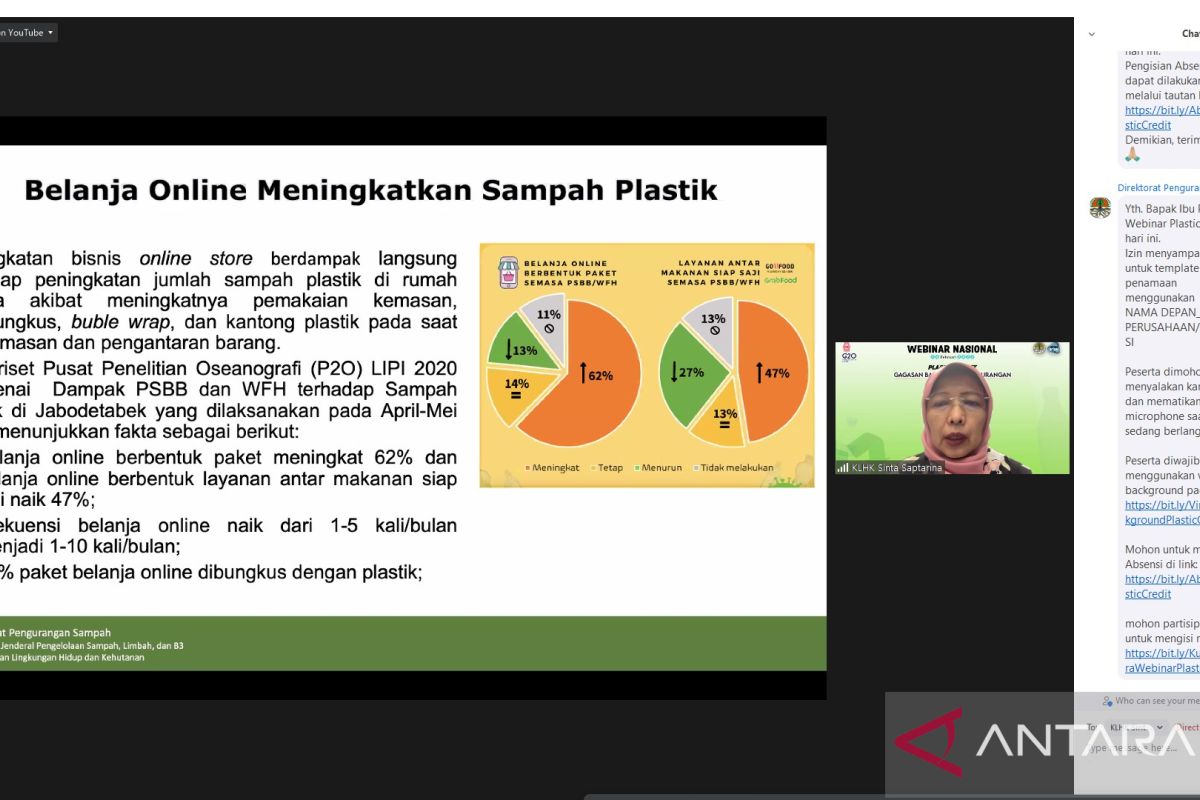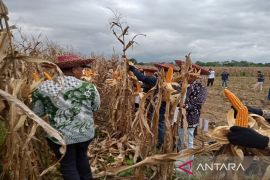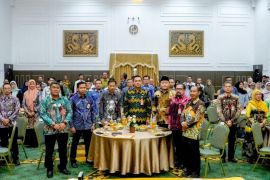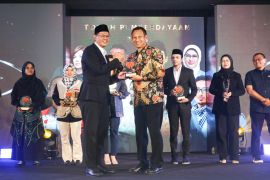Jakarta (ANTARA) - Director of Waste Reduction of the Ministry of Environment and Forestry Sinta Saptarina Soemiarno said the increase in online shopping during the COVID-19 pandemic had a direct impact on the greater amount of household plastic waste in Indonesia.
"The use of plastic bags, packaging, wrapping, and bubble wrap when packaging and shipping goods increased," she said during a webinar entitled "Plastic Credit, a New Concept for Plastic Waste Reduction Solutions?" which was viewed here on Thursday.
She noted that based on research results from the Oceanographic Research Center (P2O) of the Indonesian Institute of Sciences (LIPI) in 2022, regarding the impact of the Large-Scale Social Restrictions (PSBB) and work from home (WFH) policies on plastic waste in Jakarta, Bogor, Depok, Tangerang, and Bekasi (Jabodetabek) from April-May 2020, online shopping increased by 62 percent and online fast food delivery orders rose 47 percent.
Related news: Indonesia affirms commitment to monitoring plastic waste problem
"The frequency of online shopping, which used to be only once a month, has increased to one to 10 times per month," she said, adding that 96 percent of online shopping packages were wrapped in plastic.
Meanwhile, the director-general of waste and hazardous toxic material management (PSBL3) at the Ministry of Environment and Forestry, Rosa Vivien Ratnawati, attributed the high use of single-use plastic to people's lifestyles, that tend to prefer packaging to be easy and fast.
The ministry recorded that in 2021, the amount of waste nationally was estimated to reach 68.5 million tons. Of this amount, there was an increase in plastic waste from 11 percent in 2010 to 17 percent in 2021.
"The issues related to waste have not ended yet. They even become more complicated with the magnitude that is getting bigger," she remarked.
Related news: UI students win EBEC contest with plastic waste reduction plan










